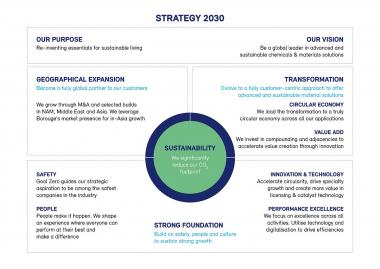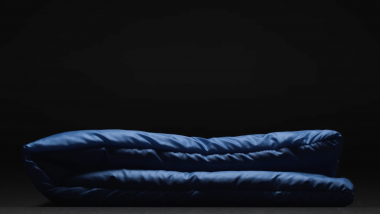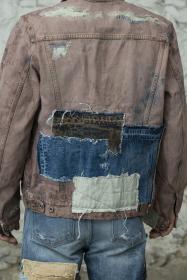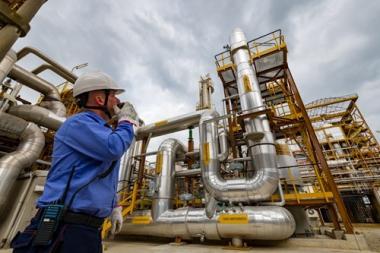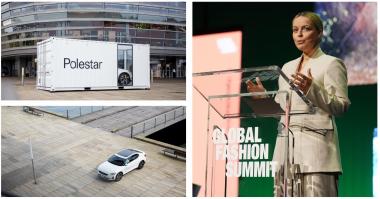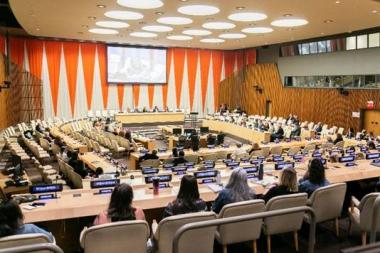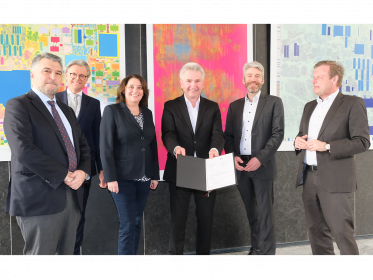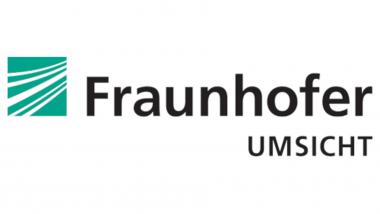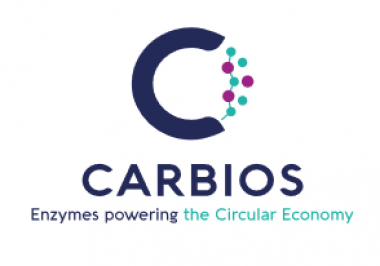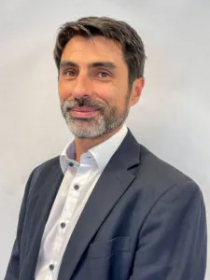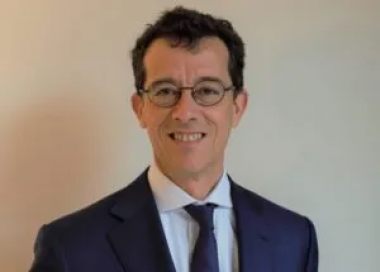ISKO™ purchased new weaving machines by Itema
With the purchase of the latest technology, iSAVER® by Itema, in weaving machines, ISKO pushes the envelope of technological performance and sustainability, making further progress in product and process efficiency.
This decision is an additional, important asset in ISKO’s journey towards a genuine Responsible Innovation™. It is part of other crucial investments made by the company, aimed at further reducing its environmental impact, among which stand out R-TWO™50+ – a new denim generation made with a minimum of 50% pre- and post-consumer recycled blend – and the Green Machine – a pioneering technology providing a 100% post-consumer recycling solution that fully separates and recycles cotton and polyester blends at scale.
After an intensive process, a selection was made where ISKO focuses on the development of technical solutions that enable greater resource savings and more sustainable production methods, always with the protection of workers at heart.
As a result, ISKO’s Headquarters extend the company's long-term relationship with Itema,
strengthening the company’s position as the mill with one of the world’s largest denim capacities. The new rapier machines are enhanced by the iSAVER® technology, a breakthrough mechatronic innovation that eliminates the waste selvedge on the left side of the fabric, allowing for saving in energy and raw materials, cutting in half the cotton waste that typically results from the weft yarn. All types of ISKO’s innovative fabrics, with a multitude of different constructions and fiber mixtures, can now be produced using these advanced weaving technologies, with a special focus given to the R-TWO™ technology in terms of its sustainable credentials.
ISKO / Menabò Group srl






